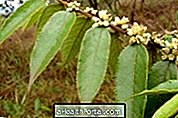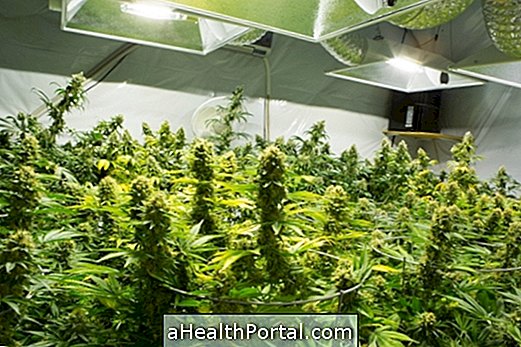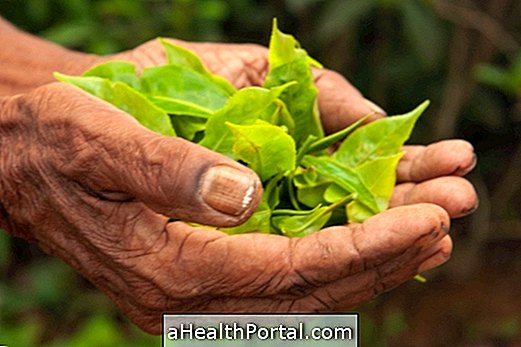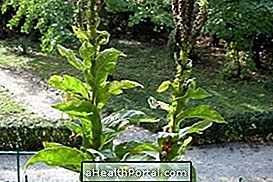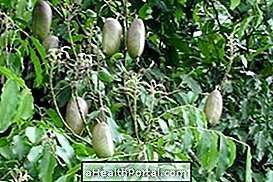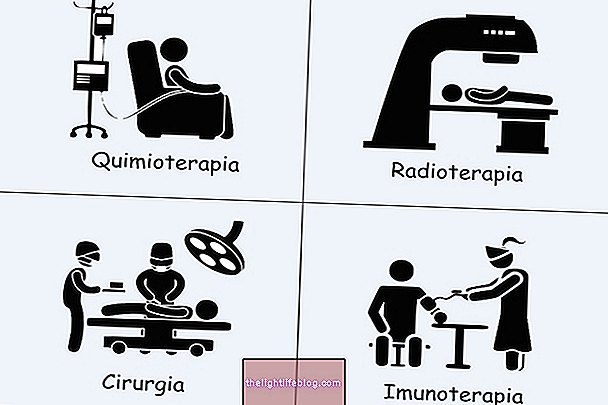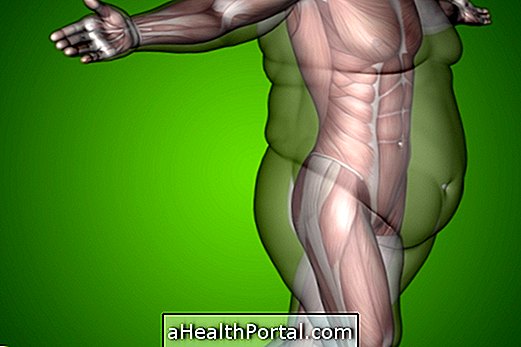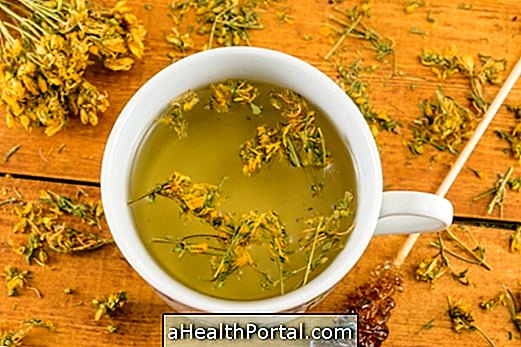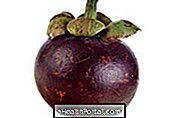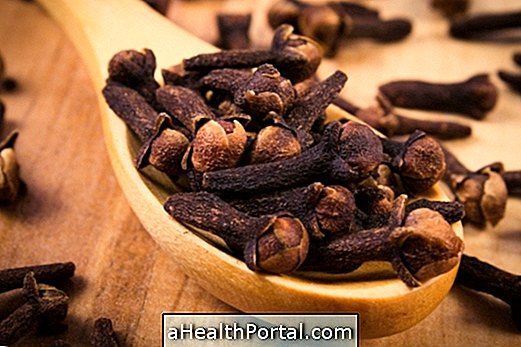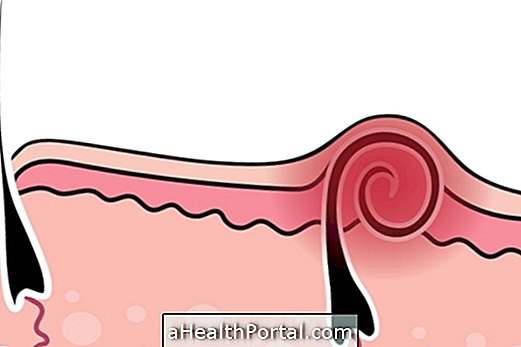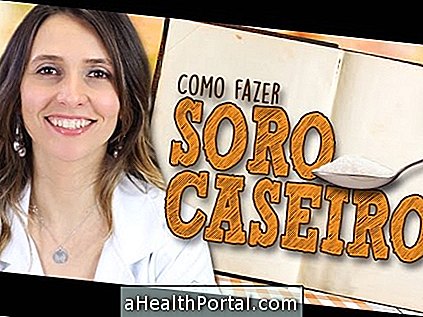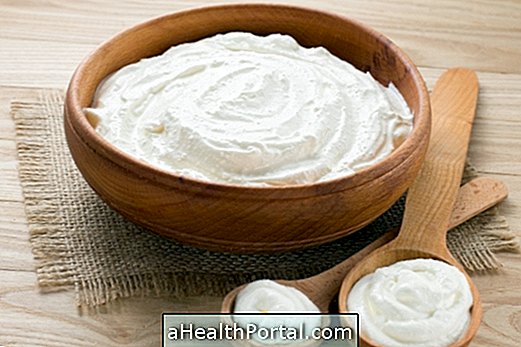Guaçatonga is a medicinal plant, also known as white-bugs, coffee beans, brewed coffee or devil's coffee, which is used as an ingredient in the production of homeopathic remedies, herbal creams, cold sore and canker sores.
Its scientific name is Casearia sylvestris and can be bought in some natural products stores with the average price of 10 reais.
What is Guaçatonga?
Guaçatonga is used to treat rheumatism, thrush, herpes, hemorrhages, inflammation, swelling of the legs, uric acid, canker sores, arthritis, chest pains, diarrhea, eczemas, snakebite, insect bites, ringworm, syphilis, obesity, ulcers and scabies.
Properties of Guaçatonga
The properties of guaçatonga include its healing action, depurative, soothing, sweating, tonic, cardiotonic, diuretic, stimulant, aphrodisiac, anesthetizing, antispasmodic, anti-hemorrhagic, antimicrobial, antipyretic, antirheumatic, antiseptic, antiulcerogenic and immunostimulating.
How to use Guaçatonga
The used parts of guaçatonga are its leaves, stems and roots.
- Tea for digestive problems: Add 10 g of guaçatonga in 200 ml of boiling water and drink 2 cups throughout the day.
- Cataplasm for eczema: Boil the 30 g of guaçatonga with 10 g of comfrey leaves in 1 liter of water, for approximately 10 minutes. Apply on eczema.
- Thrush syrup : Grind guaçatonga leaves with alcohol and apply the solution on canker sores.
Contraindications of guaçatonga
Guaçatonga is contraindicated for pregnant or lactating women.
Side Effects of Guaçatonga
Side effects of guaçatonga are not described.
